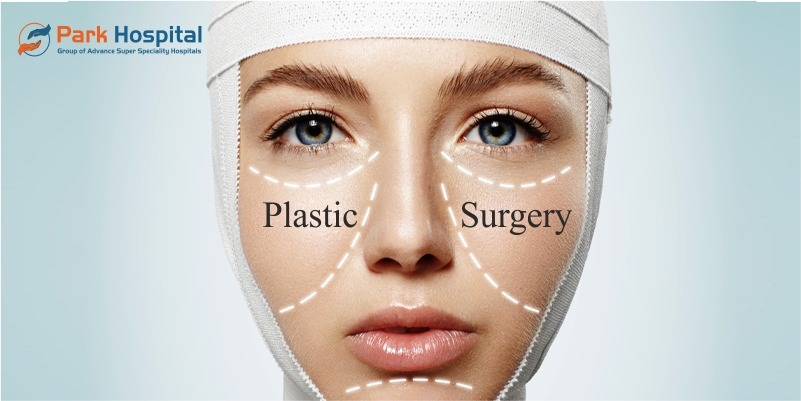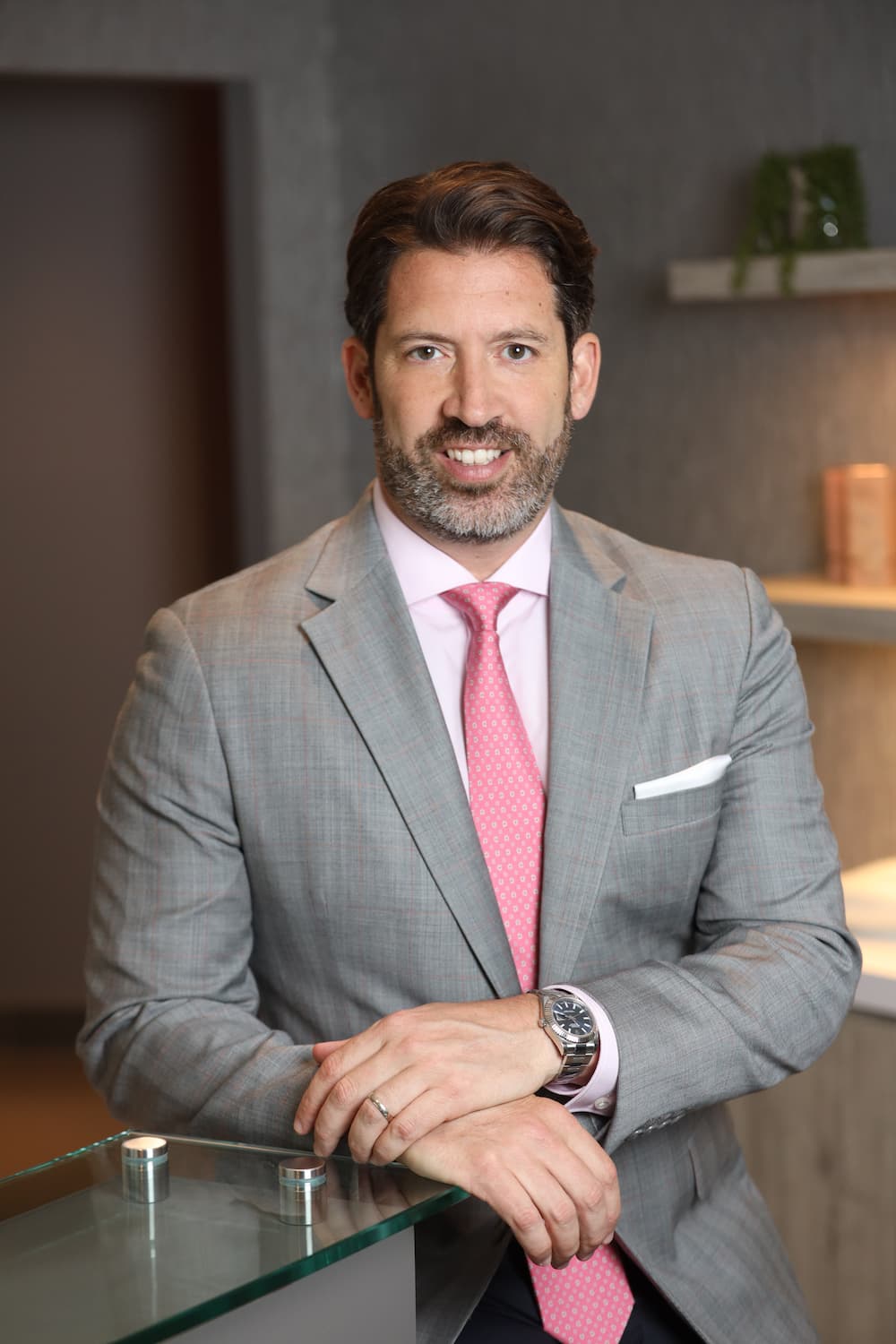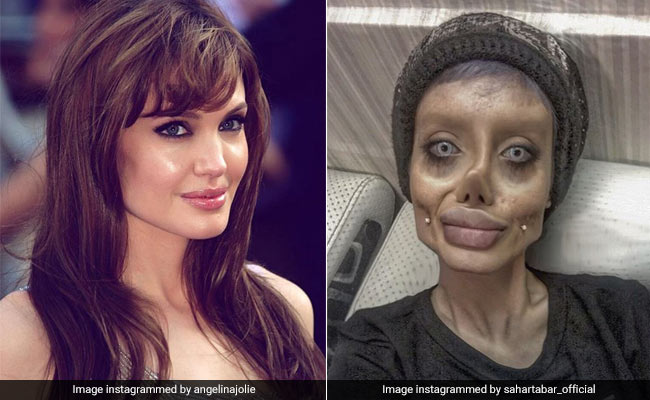Facelift Rancho Cucamonga: Reverse the Clock with Advanced Anti-Aging Solutions
Facelift Rancho Cucamonga: Reverse the Clock with Advanced Anti-Aging Solutions
Blog Article
Investigating the Emotional and Social Factors That Drive People to Think About Aesthetic Surgical Procedure as a way of Enhancement
The choice to pursue cosmetic surgical procedure typically extends beyond mere appearances, intertwining with social and psychological characteristics that merit detailed evaluation. Variables such as self-confidence, pervasive societal elegance standards, and the pervasive impact of social media merge to shape private inspirations for medical enhancement.
The Function of Self-Esteem
Self-esteem substantially affects a person's choice to seek cosmetic surgical procedure. People with reduced self-esteem typically regard themselves in an adverse light, causing sensations of insufficiency concerning their physical appearance. This negative self-perception can drive them to seek surgical treatments as an approach of enhancing their self-image. The desire for enhancement in one's appearance is often connected to an idea that such adjustments will certainly boost their total self-regard and self-confidence.

Ultimately, the role of self-worth in the decision-making procedure relating to cosmetic surgical treatment highlights the complicated interplay in between body photo, individual fulfillment, and mental health. Recognizing this connection is important for healthcare professionals to make certain that people are making notified decisions rooted in reasonable expectations and psychological health.
Social Appeal Specifications
Influenced by pervasive media representations and social narratives, social appeal standards play an essential duty in forming individuals' perceptions of their very own bodies. These requirements are commonly defined by an idealized kind of elegance that highlights traits such as balance, youthfulness, and slimness. As these suitables are perpetuated via various networks, consisting of tv, movie, and marketing, people regularly internalize these messages, causing frustration with their natural appearance.
The effects of these societal norms prolong past visual preferences; they can impact self-worth, mental health and wellness, and social partnerships. People who view themselves as dropping brief of these criteria may experience feelings of inadequacy, triggering a need for cosmetic surgery as a way of accomplishing social authorization. This pursuit is frequently fueled by the idea that satisfying these perfects will enhance not only physical appearance however likewise social standing and individual gratification.

Influence of Social Media
The effect of social appeal criteria is further amplified by the rise of social networks platforms, where curated pictures and idyllic representations of appeal are common. Individuals are regularly revealed to filteringed system and modified photos, which commonly show unattainable physical features. This direct exposure grows a society of comparison, leading individuals to evaluate their own appearance versus these often unrealistic standards.
Social media site influencers and celebs regularly advertise cosmetic procedures, stabilizing the idea that medical enhancements are a practical means for achieving social suitables (plastic surgery rancho cucamonga). The exposure of these enhancements can develop an assumption that going through plastic surgery is a common method, thus affecting people to think about similar interventions as a path to enhanced self-confidence and social acceptance
In addition, the interactive nature of social media sites enables instant feedback via sort and comments, better strengthening the desire to adapt to prominent beauty criteria. Such communications can aggravate browse around this site feelings of insufficiency and drive individuals towards plastic surgery as a way of obtaining validation. Ultimately, social networks plays a pivotal function in forming perceptions of elegance, which substantially impacts the decision-making procedures surrounding plastic surgery.

Cultural Perspectives on Look
Across various societies, understandings of look are deeply rooted in historic, social, and economic contexts, forming individuals' sights on appeal and value. In many cultures, appearance functions as a considerable marker of identification, influencing social standing, expert opportunities, and individual relationships. For instance, in some cultures, light skin is often related to riches and privilege, while others might idealize darker complexion as signs of strength and credibility.
Furthermore, traditional charm criteria are commonly perpetuated with social narratives, media depictions, and family affects, leading to differing perfects across various areas (plastic surgery rancho cucamonga). In Western cultures, the focus on young people and fitness usually drives individuals towards aesthetic improvement, while in particular Eastern societies, more refined adjustments aligned with standard visual appeals may be favored
Globalization and the proliferation of digital media have actually better complicated these dynamics, producing a hybridization of appeal perfects that transcends geographical boundaries. As individuals progressively browse these social stories, the pressure to adhere to certain look criteria can lead to the desire for plastic surgery, mirroring an intricate interaction of social worths and personal aspirations. Comprehending these cultural point of views is necessary in resolving the inspirations behind plastic surgery considerations.
Psychological Influences of Aesthetic Surgical Procedure
Numerous individuals looking for plastic surgery record experiencing profound psychological influences that can dramatically change their self-perception and emotional well-being - plastic surgery rancho cucamonga. The need for physical improvement commonly comes from underlying issues such as low self-esteem, body dysmorphic condition, or societal stress pertaining to appeal requirements. For some, the immediate post-operative phase can bring about a short-lived boost in self-confidence and satisfaction with their look, promoting a sense of empowerment
Nonetheless, these positive feelings may not be enduring. Research shows that while some patients experience enhanced self-worth, others check this site out might face increased anxiety or clinical depression if their expectations are not fulfilled. This discrepancy can develop from unrealistic suitables perpetuated by media depiction and social narratives bordering beauty.
Moreover, the emotional ramifications of cosmetic surgical procedure expand beyond the person. Relationships with family members and good friends might be strained as social dynamics change, leading to feelings of seclusion or alienation. Inevitably, the psychological effects of plastic surgery are complex and complex, requiring cautious factor to consider by both possible patients and health care providers to guarantee educated decision-making and practical expectations.
Conclusion
Finally, the choice to seek plastic surgery is considerably influenced by a combination of self-confidence problems, social elegance criteria, and social perspectives on appearance. The pervasive reach of social media further intensifies these pressures, promoting unrealistic suitables that individuals typically make every effort to attain. Understanding these mental and social elements is necessary for attending to the inspirations behind plastic surgery, highlighting the demand for an extra nuanced discussion bordering appeal and self-acceptance in contemporary society.
The decision to pursue cosmetic surgery frequently extends beyond mere aesthetic appeals, intertwining with social and mental dynamics that merit extensive evaluation. Ultimately, social media plays an essential function in shaping understandings of beauty, which significantly influences the decision-making procedures surrounding cosmetic surgical procedure.
As people progressively navigate these cultural stories, the pressure to adjust to details reference appearance standards can lead to the need for cosmetic surgical treatment, reflecting an intricate interplay of cultural values and personal ambitions.In final thought, the choice to go after cosmetic surgery is substantially influenced by a mix of self-esteem concerns, societal appeal standards, and social perspectives on appearance. Recognizing these mental and social elements is essential for attending to the motivations behind cosmetic surgical treatment, highlighting the demand for a much more nuanced discussion surrounding charm and self-acceptance in modern society.
Report this page